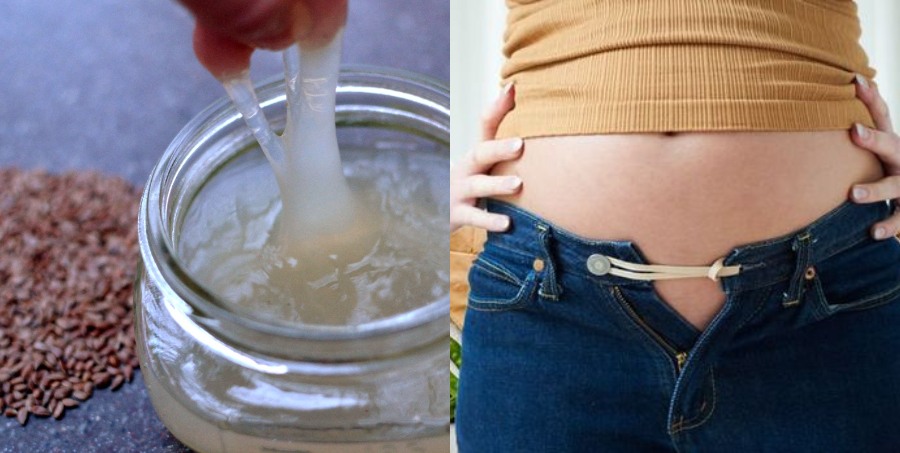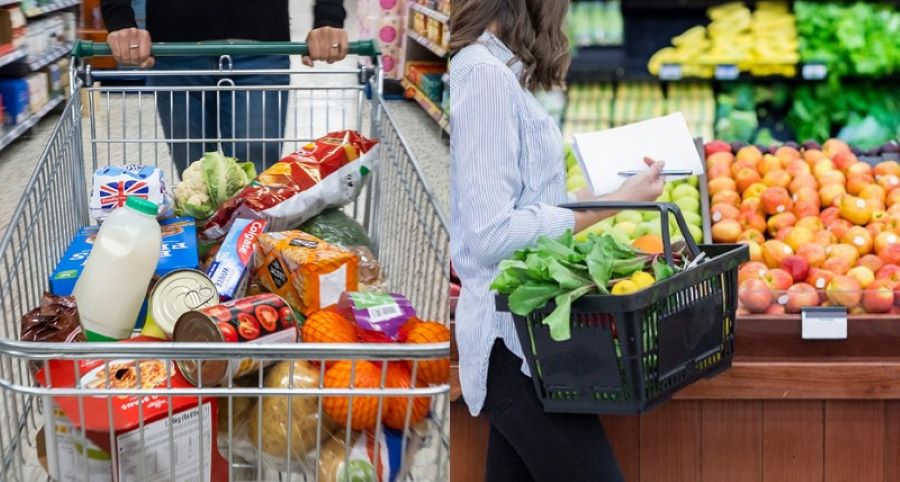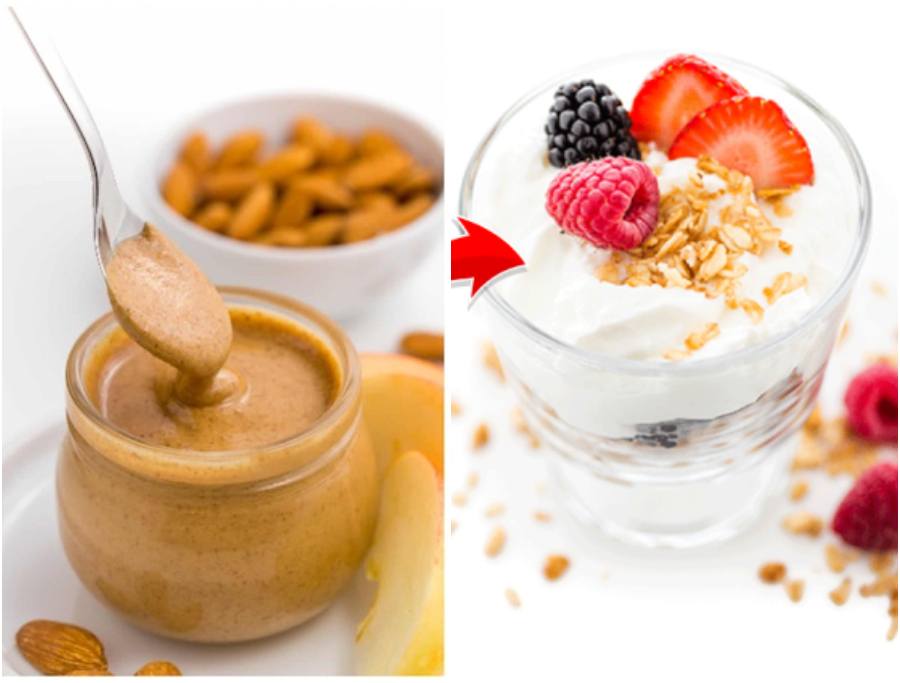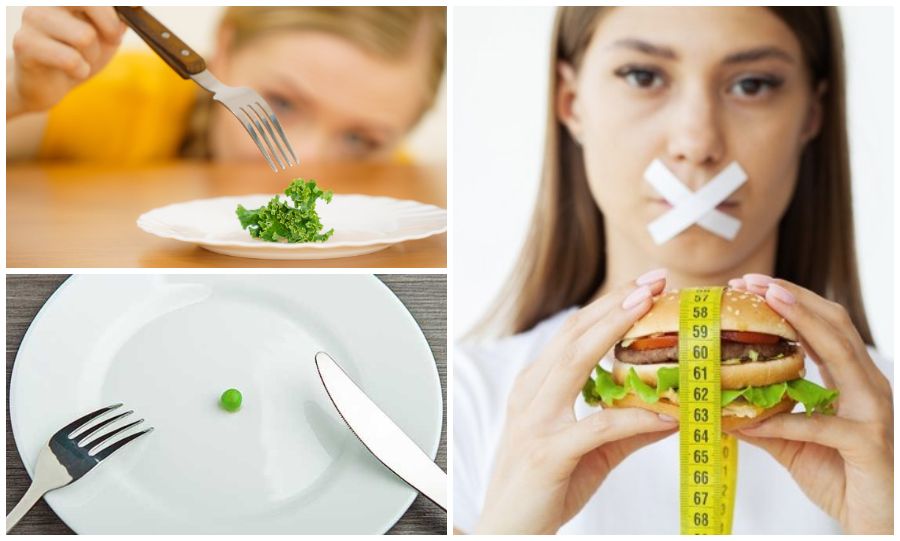Experts say the right choice of snacks can actually be beneficial to one’s weight loss journey – they keep hunger pangs in check until your next meal, sustain energy levels, and basically keep you from get hangry (getting irritable and angry because of hunger). But do remember that what you snack on, how you snack, and the frequency of snacking all have a great impact on your weight loss goal. For example, a bowl of unsalted, no-butter, air-popped popcorn may approximately have just 30 calories per cup and wouldn’t derail your weight loss efforts. However, it’s easy to overeat while snacking because we often forget to keep a tabs on the calories consumed. And as we all know, overeating can make it difficult to lose weight and can lead to weight gain. Ideally, it’s recommended to limit calories of snacks anywhere from 150 to 200 calories, with two of them in a day, when you are trying to lose weight. If you are going over this limit, here are 7 ways to prevent overeating while snacking.

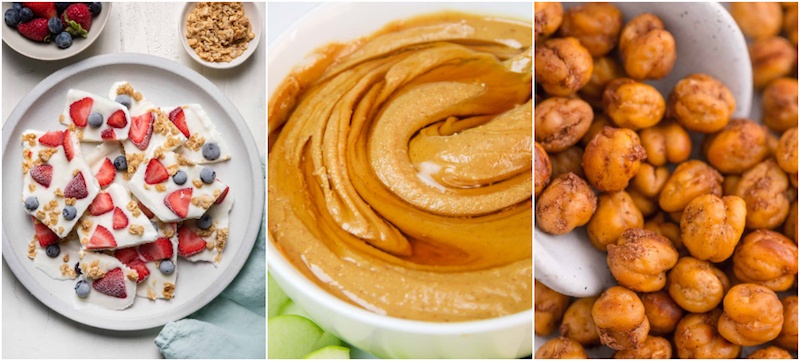
1. Don’t Eat Directly From the Packet:
Let’s admit it – most accessible snacking options are available in packets! And it’s so convenient and time-saving to just rip open a packet and eat directly from it! But this practice can make calorie counting difficult, and lead to overeating. As a thumb of the rule, transfer the contents of the packet into a small bowl or plate and determine the calories first. To find the calories in a single serving, divide the total calories in the dish by the number of servings it makes. First, check the total calories in the dish, then figure out how many servings are there. Now divide the total calories by the servings to get the approximate calories per serving. This would help you to eat within calories and prevent overeating. Also read: “How To Lose Weight without Counting Calories All Day Long.”
2. Maintain Snack Timings:
When you are trying to lose weight, it’s important to stick to meal and snack timings to avoid unnecessary grazing through the day. Just like you stick to breakfast, lunch, and dinner timings, set yourself a snack schedule as well and don’t eat outside of your schedule. Limit snacking to just two times in a day, mid morning, around 11 am, and in the evening (2 to 4 hours) after lunch to recover from the post-noon energy slump.

3. Eat Snacks That Would Keep you Satiated:
Snacks that are rich in protein, fiber, healthy fats keep you satiated for long hours and reduce the likelihood of overeating. Protein and fiber take longer to digest, promote feelings of fullness and help with release of hormones that regulate appetite. Combining both protein and fiber in snacks, or protein with healthy fats, for example, peanut butter with apple, or Greek yogurt with nuts, would support your weight loss goals a great deal. Notably, experts say that when you eat nutrient-rich snacks, they also help to cut down significant calories in the subsequent main meal.
4. Avoid Hyperpalatable Snacks:
A bag of potato chips is a convenient and easily accessible snack to get a quick burst of energy, but it’s a calorie-dense food, and most importantly, it’s really hard to stop at just one bag of chips! Food industry spends millions of rupees on research to engineer products, also called hyperpalatable foods, which are highly processed to be extremely appealing and addictive to our taste buds. These foods are designed to be more rewarding and pleasurable to eat, often containing a combination of sugar, salt, unhealthy fats, and other flavour-enhancing ingredients to hit “bliss point” (reward center in the brain), so that you are continuously in a cycle of craving and overeating. It’s hard to not overeat hyperpalatable food products even though you know that they are not good for weight loss or for overall health. Sugary snacks, chips, cookies, sugary beverages are a few examples of hyperpalatable snacks that you need to avoid as snacks. Also read: “10 Hyperpalatable Foods and How They Trigger Weight Gain.”
5. Identify Foods That you are Overeating:
Maintain a food diary and identify foods that you are probably overeating. We often tend to miss jotting down snacks, but write every little detail down to keep a track of the kind of snacks you are overeating. It’s easy to overeat snacks with salt, added sugar, saturated and foods with empty calories – so start eliminating them from your diet.
6. Don’t Snack When Bored, Anxious or Stressed:
Stress, boredom, anxiety – all these emotions can make foods high in sugar, unhealthy fat, and calories comforting and appealing, which can lead to mindless eating. It’s important to find healthy ways to manage these emotions and avoid turning to food as a coping mechanism. Snacks should be something that can sustain energy levels till the next meal, not a strategy to tide over stressful situations or fight boredom.
7. Eat Mindfully:
Last but not the least, eat mindfully, every single meal. Mindless eating can act as a big roadblock for individuals who are trying to lose weight because while doing so, individuals tend to consume larger portions than necessary, easily falling out a calorie deficit. Whether it’s while watching TV or scrolling through your phone, eating in a distracted environment can lead to overeating. You may completely lose track of how much you have eaten, losing the chance to savour the food, and also losing count of the calorie intake. So, do eat without distractions, and this single habit can change your overall weight loss game.
Summing up, if you find the process of weight loss overwhelming, we are here to help at Rati Beauty. Subscribe to the the Rati Beauty app to access all our weight loss diet plans.
How To Lose Weight without Counting Calories All Day Long
10 Hyperpalatable Foods and How They Trigger Weight Gain

